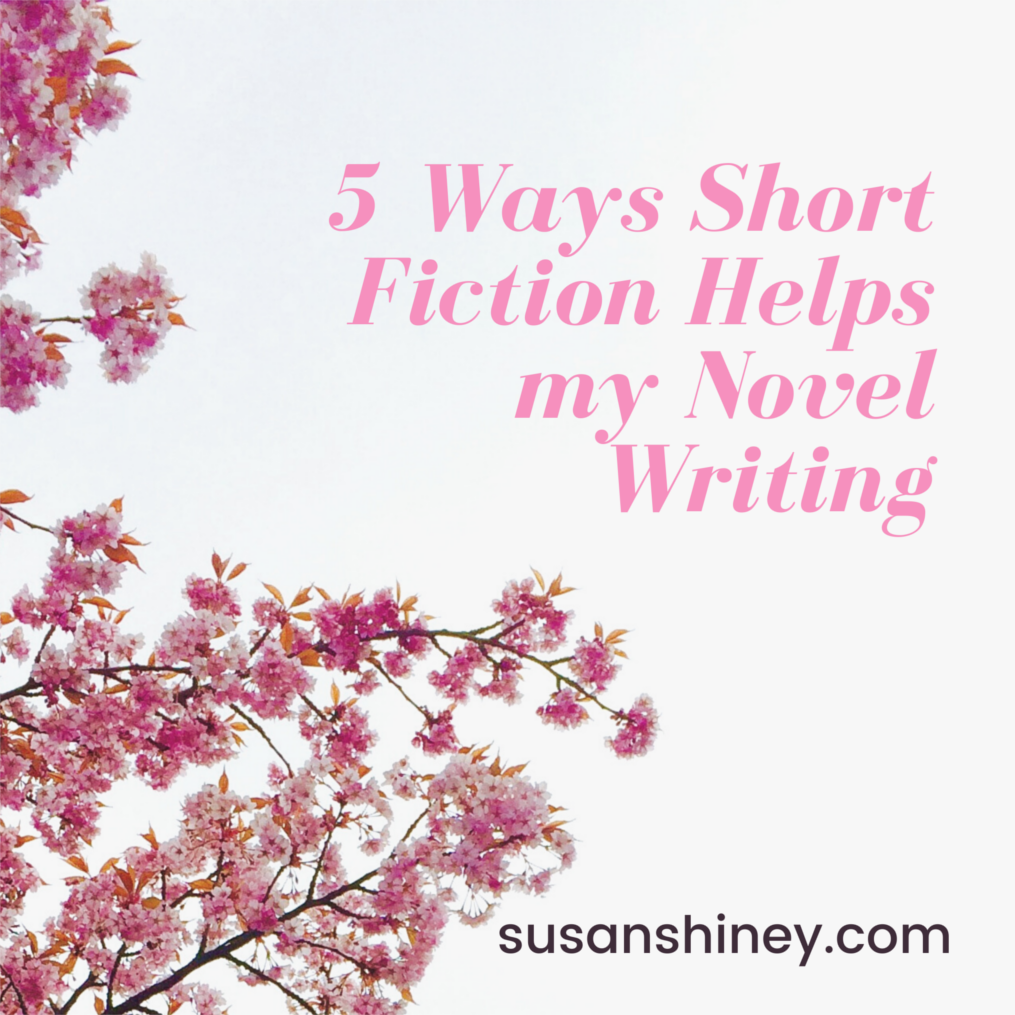
I am going to discuss short fiction referring to both reading and writing it. In the past, I felt like writing short stories and flash fiction was a detour from my novel, almost like procrastinating with it until I got to the real writing that is novels. A piece of this probably has to do with the sales of short story collections being much lower. In general, I think they get a bum rap, short stories and flash fiction are an art form unto themselves. Literary magazines of all shapes and sizes are a great stepping stone for writers into the publishing world.
So, here are the five reasons why short fiction helps my novel writing:
1. Reading short fiction is a fast way to analyze a writer's story structure.
Short fiction needs to present an arc quickly with a clear beginning, middle, and end. I appreciate this kind of structural know how in the scenes and chapters of the novels I read, but the clarity of the structure is much more apparent in short stories because the changes are usually more pronounced. I started identifying story beats in short fiction and then moved to doing it in novels. My writing group also studies the structures of short stories as we meet every couple of weeks so it is easy to have a global picture completed in that time.
2. Writing a novel is easier if I see it as connecting short stories together, bite-sized units.
When I had a writing teacher say that we should approach chapters as short stories my mind was blown. A novel was a terrifying endeavor, but a series of short stories that intertwine together piece by piece took away a lot of my fear. My first draft is just pouring everything out, but for my second draft I like to do mini-outlines for each chapter. Then during the third draft I figure out how to make sure the small pieces fit together.
3. Scenes / chapters need to have micro units of change in them, just like short stories do.
When scenes and chapters are written well and there is perpetual plot motion happening in a cause and effect manner, you have a page turner. The change that occurs can be subtle and to practice writing good chapters, I find it incredibly helpful to learn how to do that by writing short fiction where the changes need to be more overt. Then be able to plot a whole novel out and take a step back to plan those micro changes that need to happen along the length of the novel.
4. The beginnings of short fiction set-up the story in a concise way, and the endings of short fiction have last lines that ring like a bell.
Just because you are writing a novel doesn't mean you can take the space to be long winded. I suppose there is a place for that in some fiction, but it doesn't work for a lot of us and you better have a lot of style to whatever is happening in those aimless sentences. Studying how short fiction writers do this leads to better chapter openings and introductions of all characters and settings in your novel.
Yes, you could take out a novel and study how authors finish their chapters and there is something to be learned from that, but I think the short story writers do it better, because they have to. Chapters in novels need to have cliffhangers or calls to action to keep the reader reading, finding a sense of completion in each mini-unit of your novel is important.
5.Writing short fiction teaches you a lot about your writing process and how to polish something short.
Novel writing is such a longer medium. A lot of authors describe their first novel taking up to ten years. Short story writing and getting several pieces to completion is a great education. It has been for me, at least. I feel much more confident in my scene construction as a result of my flash fiction and short story writing. Hitting "the end" several times in shorter works before finishing my novel does help me grow and gives me the tools to get there.
What do you think? Do you write short stories and novels? Do you read short stores?